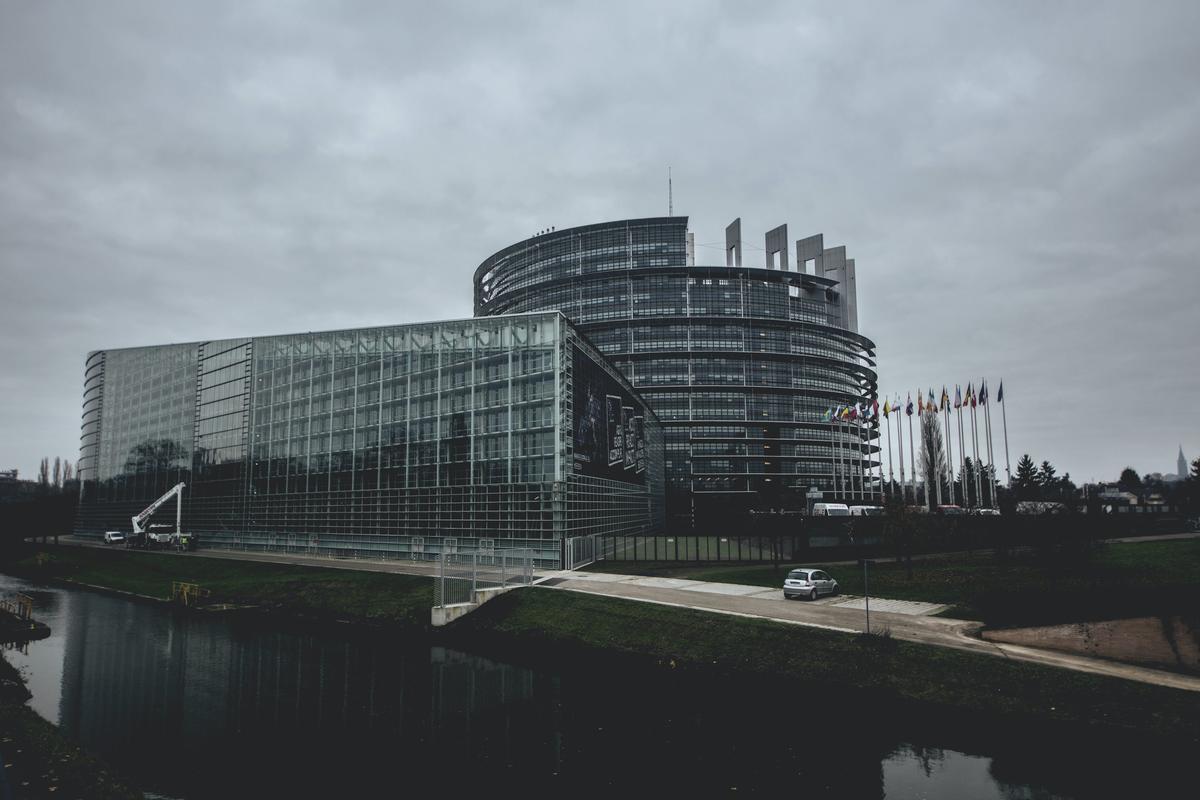IMPACT OF COVID-19 ON EU PUBLIC AFFAIRS
It has been 3 months since life and doing business in Brussels changed overnight. Face-to-face meetings and coffee catch ups were stopped in their tracks and the Brussels crowd quickly took to the phone to maintain communications. Events were postponed, cancelled, or transitioned to digital events.
This new day-to-day reality has been accompanied by a complete reshuffle of institutional priorities. The policy agenda has narrowed: key policy files such as the European Green Deal, Industrial Strategy or the wider digital package continued but took a backseat while EU leaders are grappling with the European recovery plan. This changed institutional agenda has spurred EU leaders and senior officials to prioritise mitigating the impacts of the coronavirus crisis.
It is in this context that EU public affairs takes a fundamental role to make sure that the business voice and their considerations get heard. Companies and the business sector should continue to defend their interests and showcase why they are key partners to EU policymakers to overcome the crisis and to the design of EU policies of the future.
How have public affairs practices adapted to the new reality and how successful have these new ways of working been? What are the key considerations for businesses as they start or sustain their engagement in line with these new working conditions?
SWIFTLY ADAPTING TO NEW PRACTICES
In a few weeks’ time, public affairs practices and traditional means of doing regulatory work drastically changed in Brussels. For PA practitioners and companies, this meant that a swift adaptation had to take place to allow policy work to continue in these worrying times.
Some of these new practices include:
- Staying up to date on political and regulatory intelligence, more than ever
- Less face-to-face and more calls with stakeholders, to engage on key issues in times of crisis
- Increased cooperation with third parties, to articulate coordinated policy responses
- Turning to online events, webinars and briefings over phone calls, in an effort to diversify advocacy
When implemented in the right manner, these changes in traditional means of advocacy have been well received by stakeholders. They allowed to maintain a somewhat ‘business as usual’ reality for regulatory work, at times when stakes have never been higher for Europe.
However, the impact of COVID-19 will be far-reaching and long lasting. Although in the EU we are slowly resuming normal life, the risk of a second, albeit smaller second wave is real. For now, face-to-face meetings are still expected to be mostly on hold until after the summer, and public affairs officials are better off strategizing and preparing policy agendas through phone calls, videoconferences, webinars and emails.
Public affairs practices have profoundly changed, and we should not expect to completely come back to the pre-coronavirus way of doing PA.
THINK FOR THE LONG TERM – WAYS FORWARD FOR PA
Although under very different circumstances than what we are used to, day-to-day advocacy activities will continue in the months ahead. Whether you are beginning your engagement or maintaining it, the new context demands that you think your advocacy programmes differently.
The following recommendations will be key to ensure successful engagement with European stakeholders:
INSIGHT 1 - Positioning your business is key
Position your business and industry as an active partner that is providing support that matters. As the 2020 Edelman Trust Barometer shows, now more than ever, businesses have an important role to play in society and need to recognise the expectations that stakeholders have of the corporate sector. 73% of employees expect an employer to offer the opportunity to positively shape the future of society. Practically, this means that companies should strive to positively contribute to policy making.
INSIGHT 2 - Adjust your corporate narrative
Companies need to elaborate on and build into their messaging their respective role in tackling the crisis and their contribution to the economic and social recovery of the EU.
INSIGHT 3 - Provide sound data and strong analysis
Back your claims with solid proof points – these can be market insights, consultation responses or any other best practices. More than ever, policymakers will be listening to actors who can demonstrate their support and intentions towards the EU through sound data.
INSIGHT 4 - Keep building your network
COVID-19 has shown that having an existing strong network is essential to engage with your core audience in times of crisis. Grow your relationships with policymakers, engage with your own network and coordinate your policy responses through coalitions and allies in your industry.
INSIGHT 5 - Think digitally
Diversify your means of communications with stakeholders when times don’t allow to engage directly with them. Focus on digital advertising, developing your social media narrative and your online presence, through blog posts, podcasts and your owned media channels.







